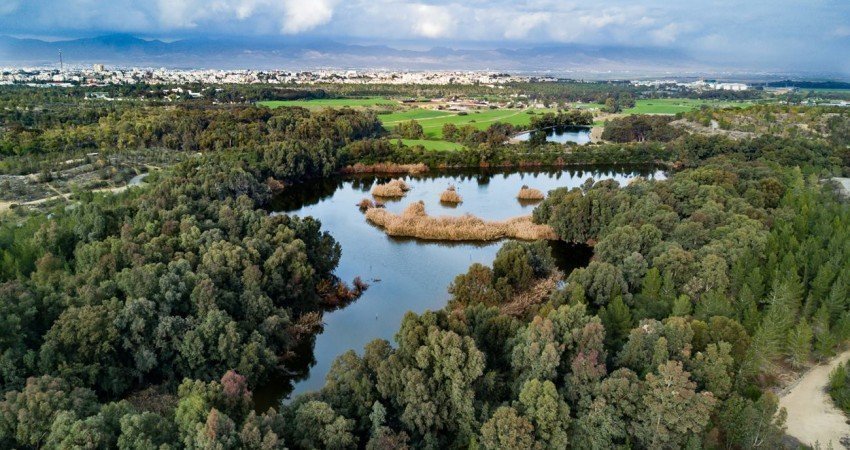Join us on Friday 2 February to spend a special afternoon at the capital’s largest wetland, Athalassa Park, to discover the wondrous world of birds and learn more about the wetlands of our island.
Every year on 2 February, we celebrate World Wetlands Day, to raise global awareness about the important role of wetlands for people and the planet. BirdLife Cyprus and Terra Cypria – The Cyprus Conservation Foundation are celebrating World Wetlands Day and invite young and old to Athalassa Park on Friday 2 February from 14:00 – 16:30 for birdwatching and educational activities.
Join us on the day at the Athalassa Park bird hide (accessible from the Latsia-side entrance) to enjoy the birds of the park and learn more about them and the wetlands that host them. Binoculars and telescopes will facilitate our birdwatching experience and relevant information material and educational activities will help broaden our knowledge. Participation is free of charge and each participant will also be given a copy of BirdLife Cyprus’ new bird guide for young explorers.
Athalassa Park is the largest and most important wetland of Nicosia city. Wetlands can act to mop up pollutants and prevent the degradation of the natural environment. The ‘green lung’ of Athalassa is a refuge to over 170 species of birds, many of which are migratory and use the wetland either to spend the winter here and avoid the harsh winter of northern countries, or as a stopover during migration in autumn and spring. During our outing on Friday we will have the pleasure of enjoying various ducks such as the Mallard, the Shoveler and the Teal, impressive herons such as Little Egret and Grey Herons, and maybe the tiny but stunning Kingfisher!
This year’s theme “Wetlands for a Sustainable Urban Future,” highlights the important role of wetlands for sustainable urbanization. Urban wetlands, such as the one found at Athalassa Park, are essential and contribute to making cities liveable. During big storms, urban wetlands absorb runoff rainfall, which reduces flooding in cities and prevents disasters and their subsequent costs. The abundant vegetation found in urban wetlands, acts as a filter for domestic and industrial waste and this contributes to improving water quality. Urban wetlands supply cities with water and are green spaces for recreation which helps to promote human wellbeing.
So this coming Friday, what better way for you and your children to wrap up the week than in nature watching birds at an urban wetland that is so close to home?




